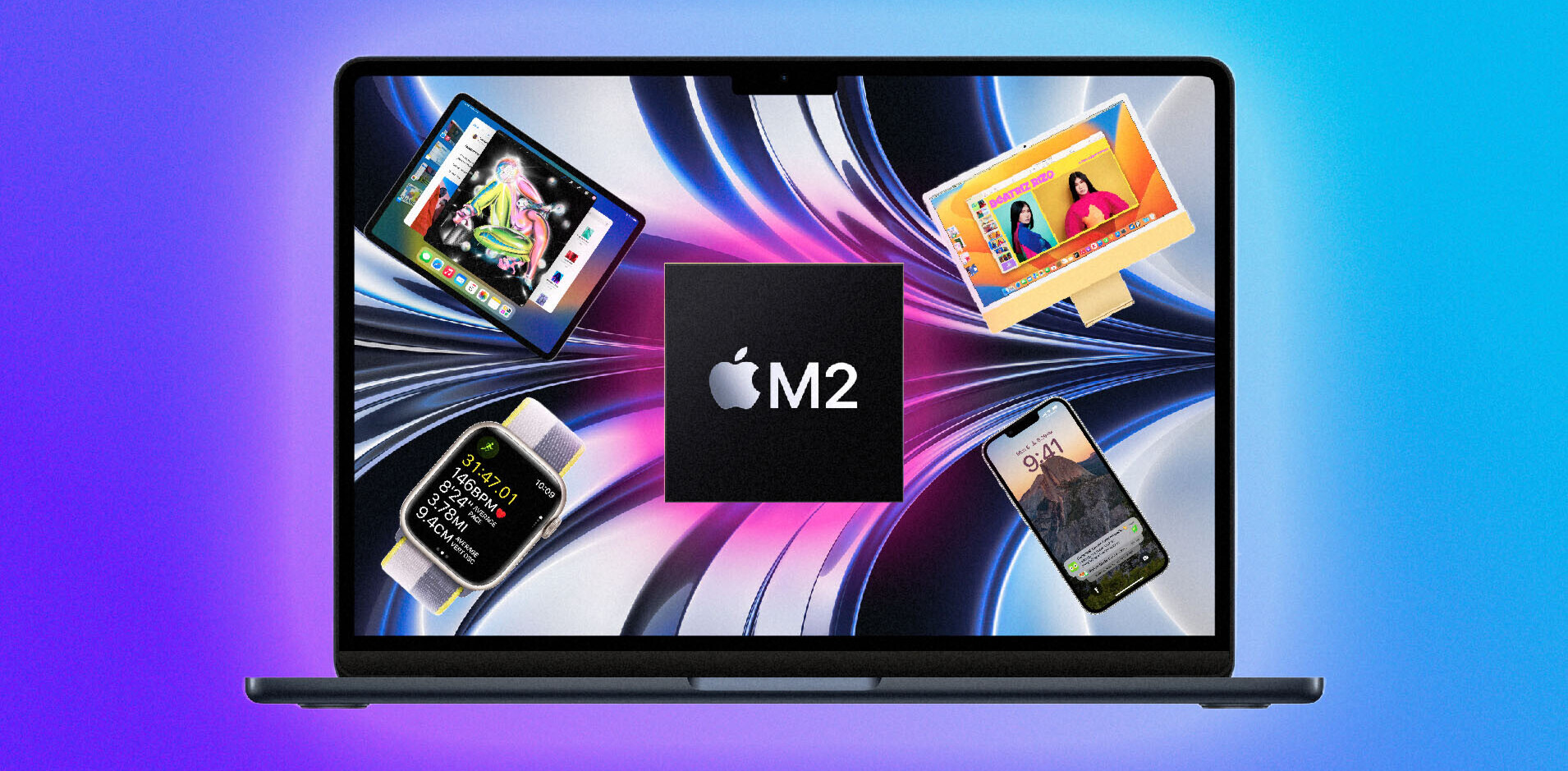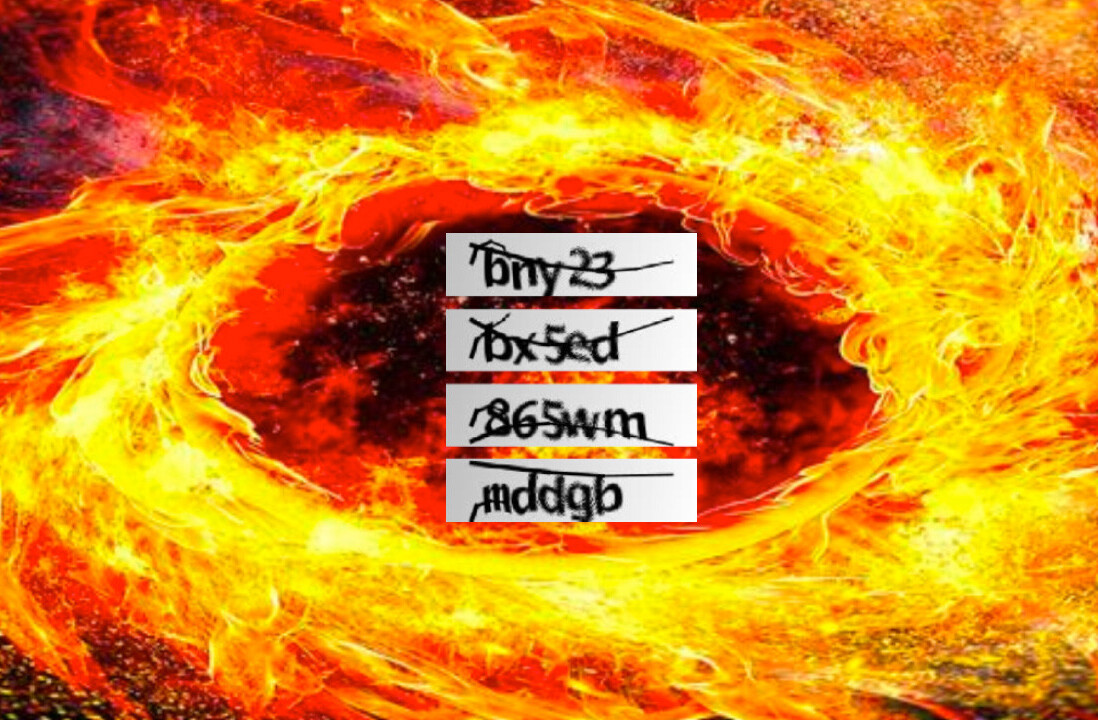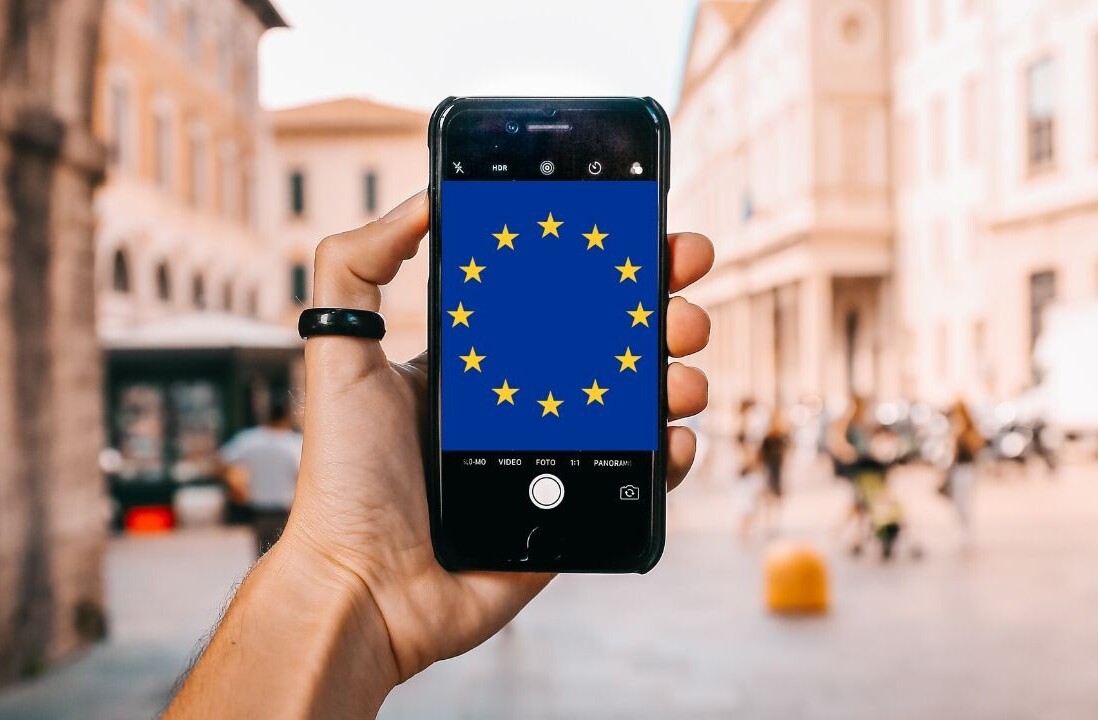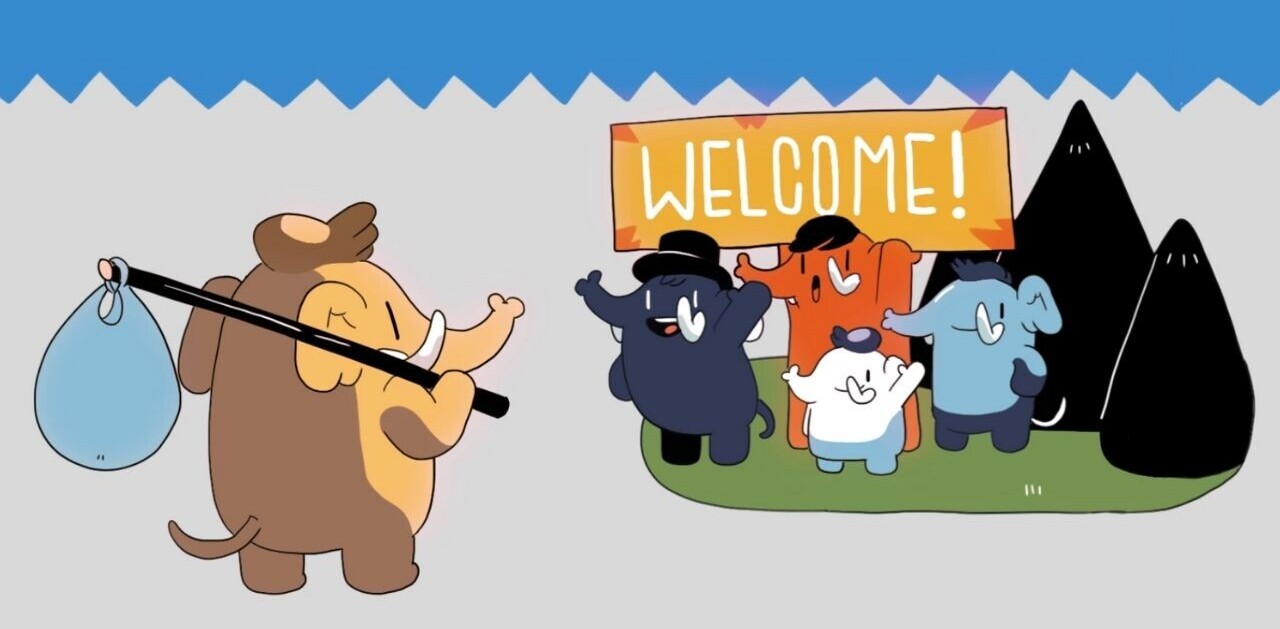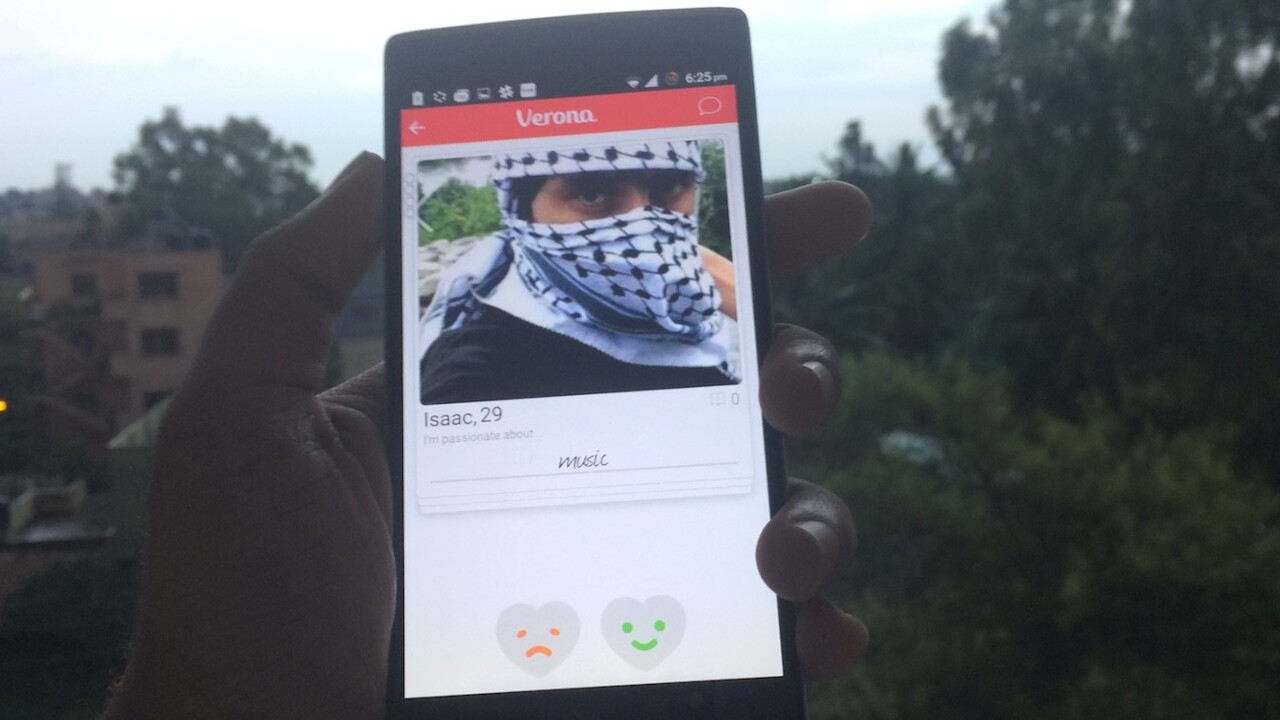
Two households, both alike in dignity/In fair Verona, where we lay our scene/From ancient grudge break to new mutiny…
The creators of Verona, an app that purports to bring Israelis and Palestinians together through the now well-established method of Tinder-style swiping, certainly got one thing right when they picked the name. No place on Earth is more riven with ancient grudges than the Middle East.
But borrowing from the Prologue to Shakespeare’s Romeo & Juliet breaks down when you recall that while Verona was the setting for the great love affair – spoiler – the couple die in the end.

The confused implication of the app’s name is only the first of many potential problems. The most glaring is that it was born not in the region that it’s focused on, but in the cultural melting pot of New York City.
Verona’s CEO and co-founder, Matthew Nolan, is a perky midwesterner with a background in app and Web design. He told me:
I’m not Jewish. I’m not Arab. I’m white, middle class, in my early-thirties, male, straight and originally from the Mid-West. Having an urban background is a factor. I’ve always had a very diverse group of friends.
Its founder’s origins immediately open Verona up to the criticism that it’s a wish fulfilment exercise by Western do-gooders unconnected to the realities of Israel and the West Bank. Nolan himself has not been to the region, but he argues:
When I started this, it was made by Westerners – there are people on my team who are Jewish and Arabic – but we were thinking our first audience would be primarily Westerners.
In the last week that’s shifted dramatically to 90 percent people in the region. That’s changed things a bit, and raised some legitimate security concerns. I’m in the middle of changing the app to address that.

After we spoke, Verona pushed an Android app update to remove proximity as a factor.
Previously it had shown matches around you, something that had led some in the Israeli media to raise the 2001 murder of Ofir Rahum, a high school student who was killed by Palestinian militants. He had been lured to a meeting via instant messenger, believing he had been corresponding with a Jewish immigrant from Morocco.
While Verona is no longer reliant on your location, it allows you to choose whether you are Israeli or Palestinian, something that gives it the air of roleplaying when picked up by users who aren’t from either side.
Nolan explains that the idea originates from one personal experience:
The inspiration came at a Valentine’s Day party. We were talking about a project we could do to inspire world peace.
Then my buddy pointed to himself and his girlfriend and said, “I’m Palestinian and she’s Israeli.” We started joking around about how interesting it would be to do JPDate – Jewish Palestinian date, and went from there…
He says the current five-person team behind Verona is completed by “two Jewish people, one Palestinian, and another guy who I think is Italian.”
The app has been available in beta on Android since April, with an iOS version due for release next month. Nolan says it has over 1,000 users at the moment, but that’s likely to expand significantly with press coverage and its arrival on iPhone.
TNW’s testing found a very sparse selection of matches and a design heavily inspired by Tinder.
Verona is a new Tinder-style app for
Israelis and Palestinians to date
each other. Yeah. Because not having
the right app is the big problem— Dainius (@Dainius_Po) May 14, 2015
But Verona is not actually trying to be Tinder – that’s already well-established in Jerusalem (though the West Bank is obviously another matter). Nolan expresses much loftier ideas for his project:
I think technologists have a responsibility to do things that have a positive reverberation. My mission with this app is to connect people, to bridge a gap. I wanted to start a new conversation.
People don’t have to be in extremely close proximity for that to take place. I believe we live in a global village – what happens in that region, affects the entire world.
I put it to him that as laudable as that ambition might be, its naivety is obviously going to upset people who have to deal with the daily challenges of what appears to be an intractable conflict. His reply is straightforward:
Verona is an idealistic platform. If people feel that it is simplifies the situation too much or don’t agree with the perspective that it’s coming from, they don’t need to use it.

He says the response to the app started out very positive and that a recent rush of highly negative and often violently racist Google Play reviews is both coordinated and unrepresentative. In fact, he believes many people are just too worried to publicly express their support for the project:
The whole thing has been an education for me. No one is sure of how this thing is going to go. The problem that I’m running in to at the moment is that people reach out to me personally, but I ask them to share that sentiment on Twitter or Facebook, and they’re concerned to do that.
Despite Nolan’s high flying rhetoric and the app’s slogan (“World peace, one swipe at a time.”) Verona is neither a non-profit, nor the limit of his ambitions. When I got him talking about the broader world of dating apps it became clear that Middle East is just the start:
This is a for profit business. The app will always be free and I will never sell anyone’s data, but I have ways of monetizing this. Online dating is not going away any time soon. Everyone agrees that all the dating apps out there suck – Tinder has lots of two-star ratings on the App Store.
Match and OKCupid are great companies, but they were late to the game on mobile. Tinder, by far, crushed it in terms of mobile user experience. I think Facebook has managed to stay relevant for so long because it iterates constantly. That’s why Google is still around, it kills projects mercilessly.
This app will definitely solve the Israel/Palestine crisis and isn't even slightly problematic http://t.co/shlH9dSNK9
— John Band (@johnb78) May 14, 2015
Listening to him on the design thinking around Verona, I start to suspect the conflict he should be focusing on is the battle of sexes:
Verona has to be non-superficial, because I have to give people something to talk about. The elephant in the room is conflict, so I want people to talk about something else.
Users’ number one passion is front and centre below their image – they immediately have something to talk about beyond what’s in the photos. Other players – OKCupid and Match – are so psychological, there’s way too many questions to answer.
The thinking around Verona as a vehicle for peace in the Middle East is wooly and problematic. It’s when Nolan gets onto the underlying concepts behind online dating that he starts to make sense. It’s not as ambitious, but dethroning Tinder is much more likely than seeing an end to generations of strife through swipes and matches.
Read next: Believe in horoscopes? This dating app will match you with other credulous people
Get the TNW newsletter
Get the most important tech news in your inbox each week.

